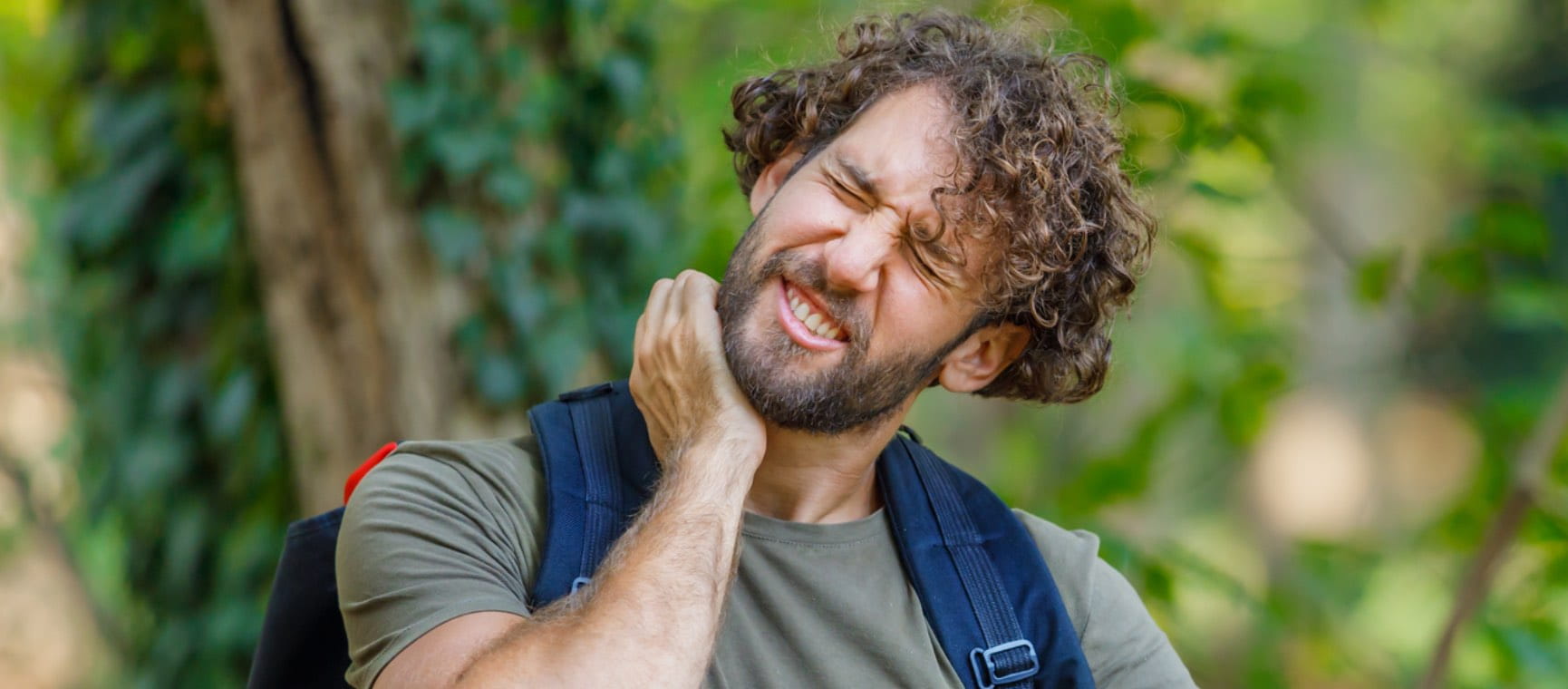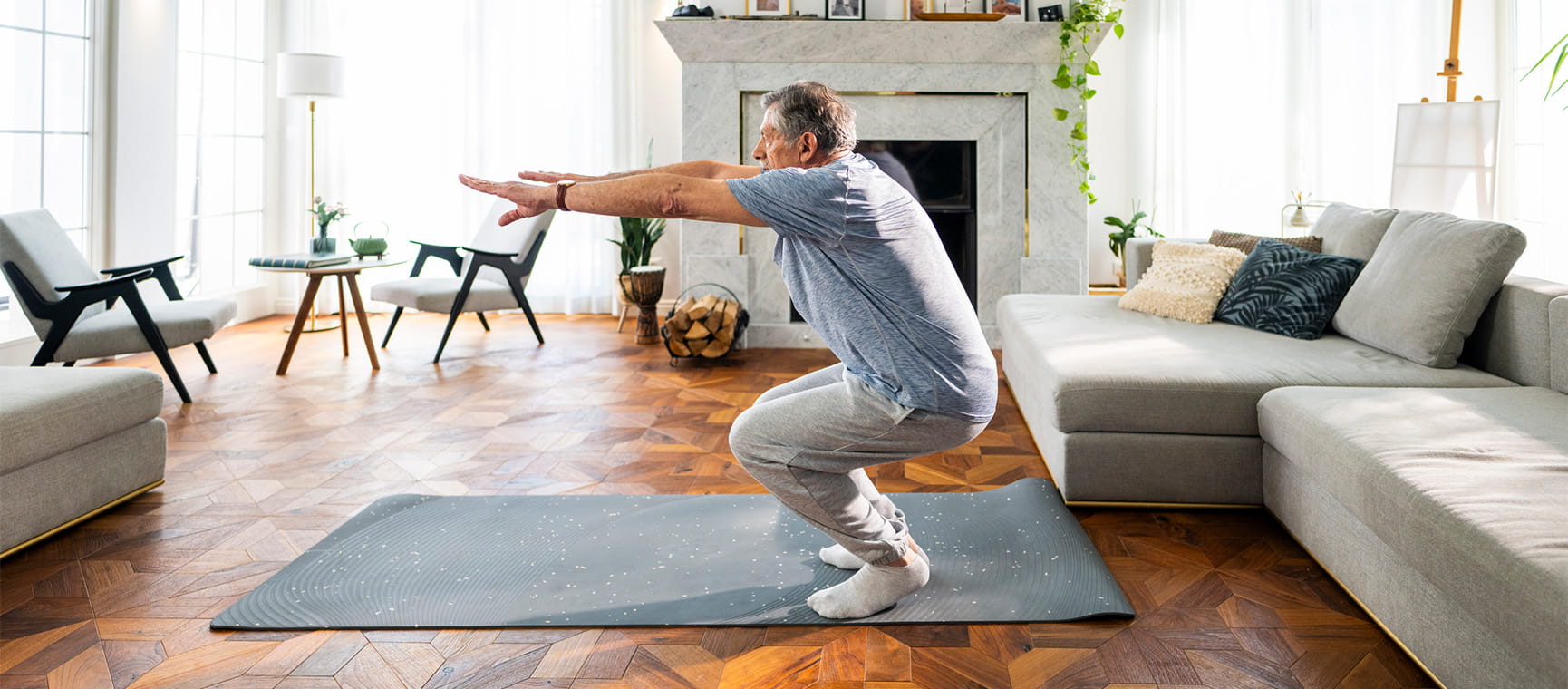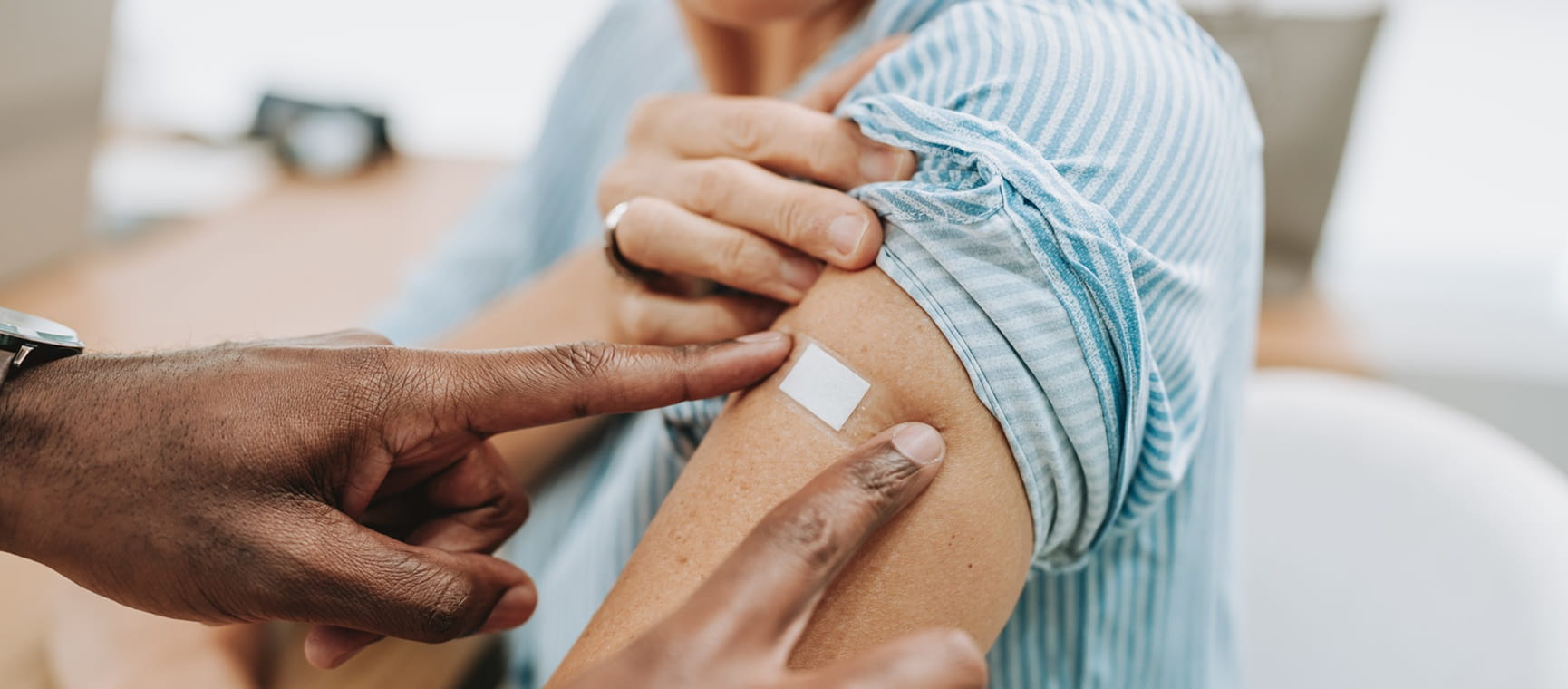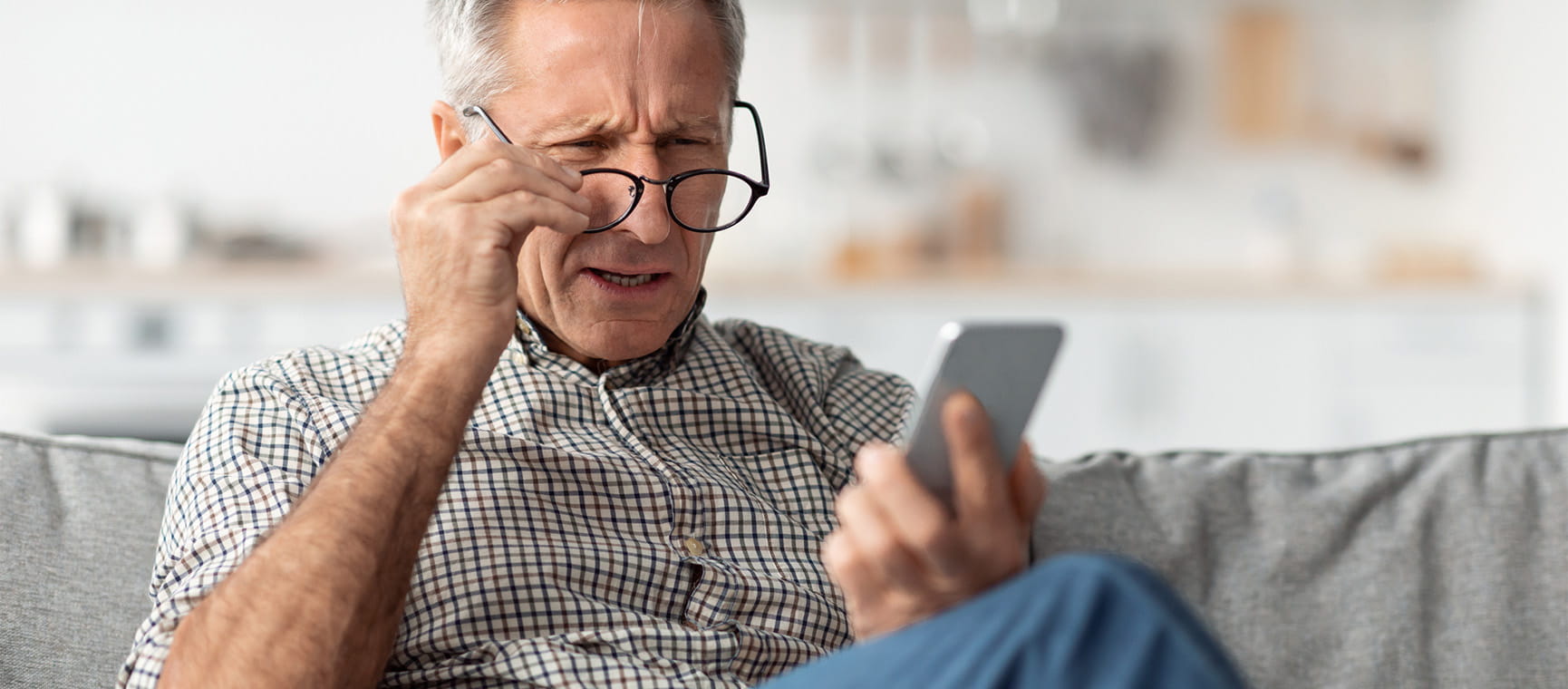How to not fall ill this winter
Proven, science-based tips to boost your immunity and avoid seasonal coughs, colds and bugs.

Proven, science-based tips to boost your immunity and avoid seasonal coughs, colds and bugs.

As the days grow shorter and temperatures fall, our immune system is put to the test by endless rounds of colds, flu and stomach bugs.
“Most of the germs we catch, we catch from other people,” says virology consultant Chris Smith, who lectures at the University of Cambridge and presents The Naked Scientists podcast.
“That means you have a choice. You can either be extremely sociable and run the risk of catching something, or extremely anti-social, become a hermit and catch far fewer nasties. Not many people can live like that, though, so there’s one final option, which is to minimise that risk.”
Thankfully, there are plenty of science-backed strategies to help boost your body’s defences.
You might think it’s ok to chat to someone for just a couple of minutes and you won’t catch their cough or cold, but timing isn’t everything, says Dr Smith. “Viruses don’t have stopwatches, and they don’t stand there tapping their feet going, ‘Right, it’s been 15 minutes, you’re in!’” he says.
“Some winter bugs can be very easily transferred, as the infectious dose – the number of virus particles you need to get into your system to become ill – can be as few as 10.
“So if you are in a poorly ventilated space or a noisy environment, talking to someone who is having to yell to make themselves heard and therefore deluging you in the residue of their last meal, you’re going to be exposed to any viruses they carry, even if you only exchange pleasantries.”
Rather than worry about timings, you’d be better off looking at where the conversation is taking place if you want to reduce your risk.
“Be sociable, but do it outside,” Dr Smith advises. “Go for a walk with friends, because if you are outdoors, your chance of catching something is negligible as there’s so much displacement and dilution of viruses from the air washing past you.”
If you can’t do that, at least open a window. “Ventilate the space well to minimise risk,” he says. “Lots of air circulation means viruses that are airborne won’t loiter for you to pick them up.”

It’s not just airborne contamination that you need to be wary of. “Watch which surfaces you touch, because viruses don’t just disappear as soon as you cough them out,” says Dr Smith.
“Bugs like influenza tend to require airborne transmission and only survive for a few days on surfaces, but others that cause colds, like adenoviruses, can last for weeks, potentially even longer. Norovirus, the winter vomiting bug, has an amazing dwell time in the environment too.
“You’ve got to remember that the person with a cold – who just sneezed into their hand, wiped it on their jacket and then reached for a door handle – has probably left an infectious dose behind.
“And studies have found that contaminated fingers could then transfer that virus to up to seven clean surfaces and still remain viable, so anyone who comes along, touches those surfaces and then eats lunch, rubs their eyes or licks their fingers can transmit an infectious dose.”
A study in the Journal of Hospital Infection reported that washing hands with soap and water is better than using alcohol-based sanitisers in removing noroviruses from skin, so scrub well before eating or touching your face.
While many people swear by taking high doses of vitamin C to beat winter ills, Dr Smith is not a fan. “Honestly, do not waste your money on pricey vitamins – that’s what food is for,” he says.
“With the exception of people with defined deficiencies like low calcium or iron, most people don’t need to take supplements. Instead of making expensive urine, spend the money you save on high-quality, wholesome food. A well-nourished person is as healthy as they can be.”
Registered dietician Juliette Kellow agrees. “There’s a reason we advise people to eat the rainbow – simply consuming a wide variety of colourful fruits and vegetables is the best way to support your immune system,” she says.
“Different plants provide different vitamins, minerals and antioxidants, which all play a role in keeping your defences strong. Aim to include plenty of vitamin C-rich options like citrus fruits, peppers and berries, but don’t forget about leafy greens, sweet potatoes, and cruciferous vegetables like broccoli and cauliflower, which offer unique immune-supporting benefits.
“Leafy greens, for example, are packed with vitamins A, C and folate (B9), which help immune cells function. Sweet potatoes are rich in beta-carotene, which the body converts into vitamin A – crucial for maintaining healthy skin and mucous membranes, which make up your body’s first line of defence against bugs. Broccoli and other cruciferous veg deliver a powerful combination of vitamin C, fibre and antioxidants, which all improve immune response.”
The exception to the supplements advice is vitamin D supplements, which are recommended for everyone in the UK from October to April for bone and muscle health.
Interestingly, according to a study in The BMJ, there’s also evidence that taking vitamin D reduces the severity of respiratory tract infections if you do succumb, particularly in those who were deficient.
It’s not just food’s vitamin content that keeps our immune system in peak condition either.
“Between 70 and 80% of our immune system is located in the gut, which means having a well-functioning gut microbiome is key for regulating immune response and ensuring winter wellness,” says Kellow.
“Beneficial bacteria support our immune function by ‘crowding out’ harmful bacteria in the gut, regulating our immune responses and releasing compounds that influence how immune cells work throughout our body to protect us against infection.”
You don’t necessarily need to start buying supplements to boost your microbiome, though. It can be done through diet. “Make sure you include plenty of prebiotics in your meals,” she advises.
“These indigestible fibres are found in foods like kiwis, garlic, onions, bananas and lentils, as well as wheat and wholegrain cereals and breads. They feed our ‘good’ bacteria, helping our microbiome flourish.”

Probiotic drinks, yogurts and supplements can help boost levels of beneficial bacteria, too. “But if you do want to try probiotic supplements, the NHS advises that you consult your GP first, particularly if you are already on medication or have a weakened immune system,” warns Kellow.
It’s worth noting that alcohol also damages our microbiome, thereby weakening immune health – and that older people are particularly at risk. A recent study in the journal Alcohol reveals that ageing worsens alcohol-induced gut barrier damage.
“This means your body won’t be able to mount as good an immune response when you encounter viruses,” says Dr Smith. “My advice is to drink only in moderation.”
We’ve got more expert advice on the best foods to eat to beat a cold.
In recent months, it feels as though there’s been a resurgence of mask usage in public places, but is it worth investing in your first one since Covid-19 to avoid winter ailments? Dr Smith isn’t convinced.
“One study published in the journal Science in January 2022 looked at the impact of community masking on Covid-19 transmission, and found only around a 10% reduction in transmission,” he says. “You can use Covid as a canary in the coal mine for most colds and flu viruses.
“If you use FFP3 masks, which are really high stringency and fitted to your face – the type healthcare workers wore during Covid – you’ll be protected exquisitely well,” he points out. “But research has found that the more common face coverings – surgical masks and cloth ones – perform less effectively.
“This is largely because people don’t wear them properly, or use them inconsistently, but it’s also because viruses that cause colds can be as small as a 30,000th of a millimetre across. So, if you hold your face coverings up and the light shines through, it’s realistic to assume that virus particles won’t struggle to slip through either.”
“A good night’s sleep is one of my top pieces of immune-boosting advice, as is getting any vaccinations you are eligible for,” says Dr Smith. Getting enough sleep is particularly important if you want those vaccinations to be effective.
Studies have demonstrated that if you are sleep deprived [getting under six hours a night] and have a vaccination, you make fewer antibodies that can neutralise viruses when compared to people who are well rested before they get theirs.
To improve your sleep, steer clear of alcohol and large meals late at night, skip evening workouts and switch off all blue-light devices, such as mobile phones and tablets, at least an hour before going to bed.
The Sleep Charity also recommends a cooler bedroom, between 16-18 degrees, as a drop in body temperature will kickstart the release of the sleep hormone melatonin, which helps us nod off.
Flu vaccines are currently available for anyone aged 65 and over, under 65s in clinical risk groups, care home residents and carers, close contacts of those who are immunosuppressed, frontline health and social care workers, as well as children and pregnant women.
Covid-19 vaccinations are offered to those aged 75 and over, older adult care home residents, and the immunosuppressed.
Find out which winter vaccines you can have on the NHS.

For a limited time only, save 15% off all escorted tours, or 10% off any hotel stay 14 nights or longer, departing before March 31, 2027. But hurry, this offer will not be on for long!
#T&C’s apply.

Get 3 months free, plus a £125 Totally Rewards Wellness Gift Card when you start a new policy by the end of 19 February 2026. T&Cs apply.
Underwritten by Bupa Insurance Limited.

Are you retiring at the wrong age? The best age to retire for your body, brain, happiness and pocket.


Everything you need to know about the lung infection, and how you could be ill with “walking” pneumonia without realising it.

Strong calves for a strong mind: how they support our circulation and brain health, with easy moves to strengthen yours at home.


Our GP Dr Mark Porter explains what can cause itchy skin, which is a common problem as we get older.

Worried you’ve morphed into Victor Meldrew? Find out how to battle that bad mood, and what to do if you’re stuck with a grouchy loved one.

The benefits of heat and cold therapy, and how Nordic bathing won over our nervous writer.

Here’s how to spot the symptoms of heat disease and reduce your danger.


The NHS winter vaccination campaign kicks off next week. Here’s the lowdown on what you need to book.

Pilates for back pain – what to do if you are suffering, and five gentle exercises that could help.

Dizziness or vertigo: a sensation of spinning, can stop us doing everyday things for fear of falling. Try these tips to stop feeling dizzy


You don’t have to put up with bladder leaks. We try out the latest pelvic floor gadgets for men and women.

Cataracts are a normal part of ageing. Learn how to spot the signs – and when it’s time to consider surgery.